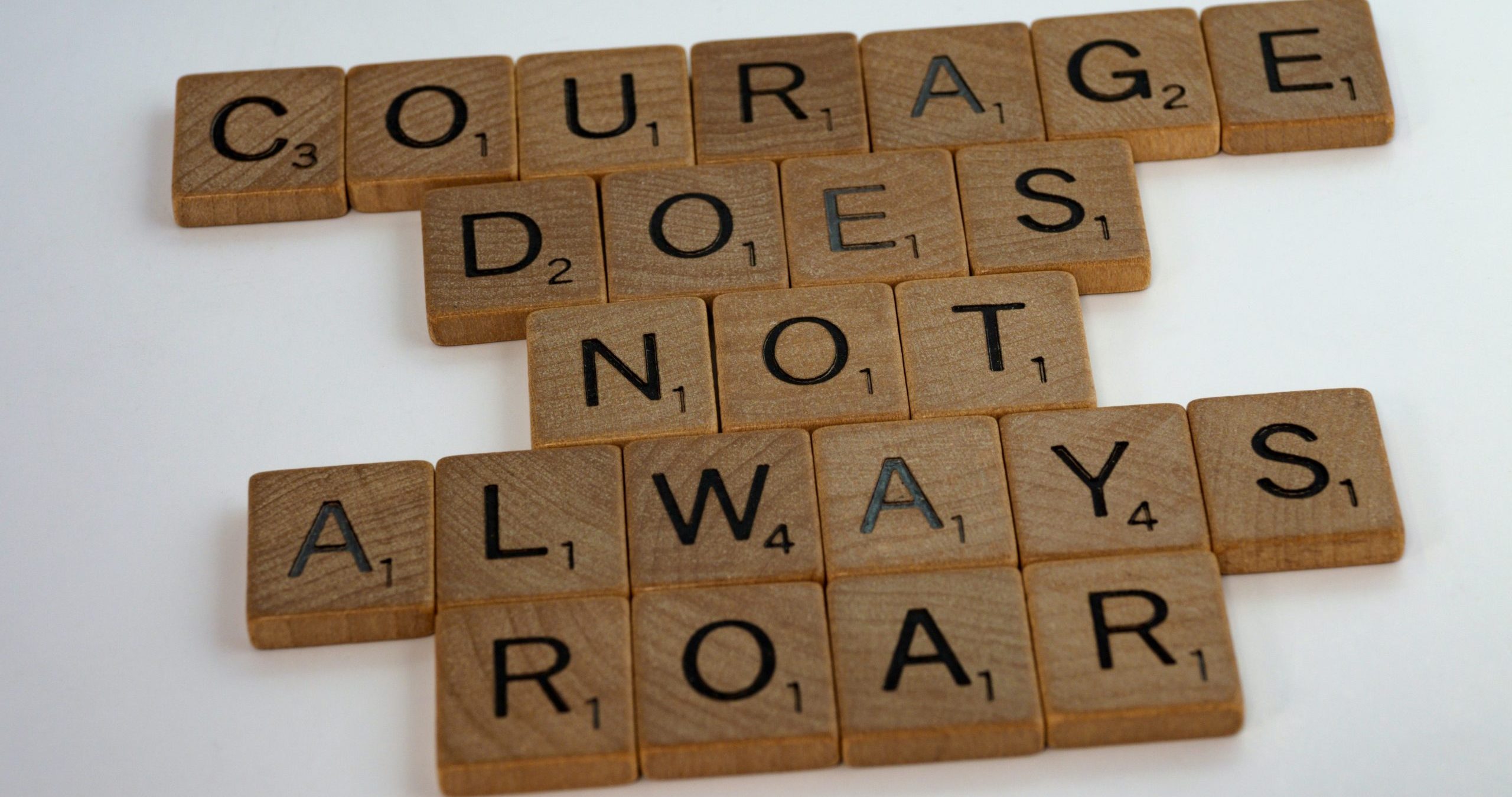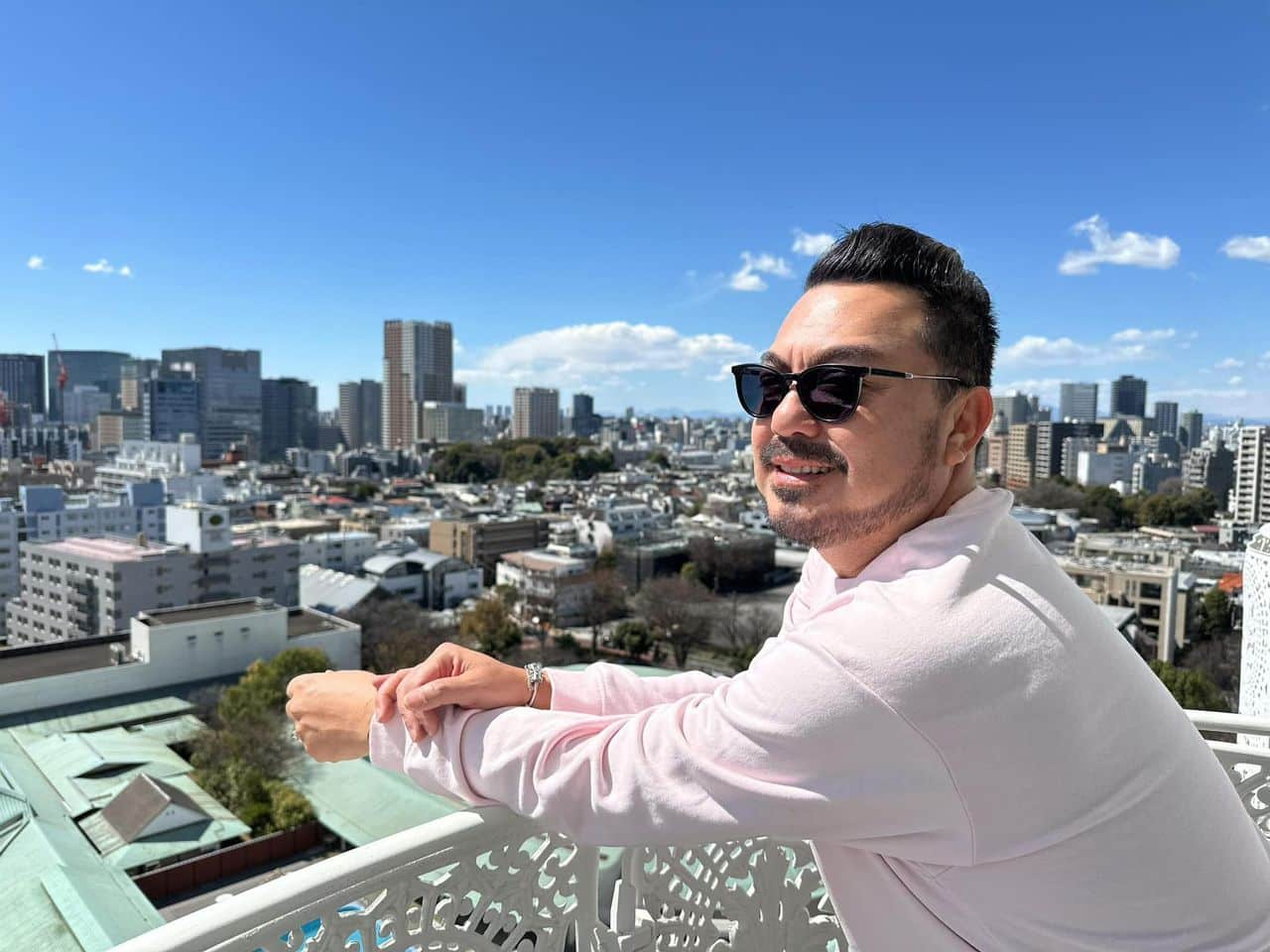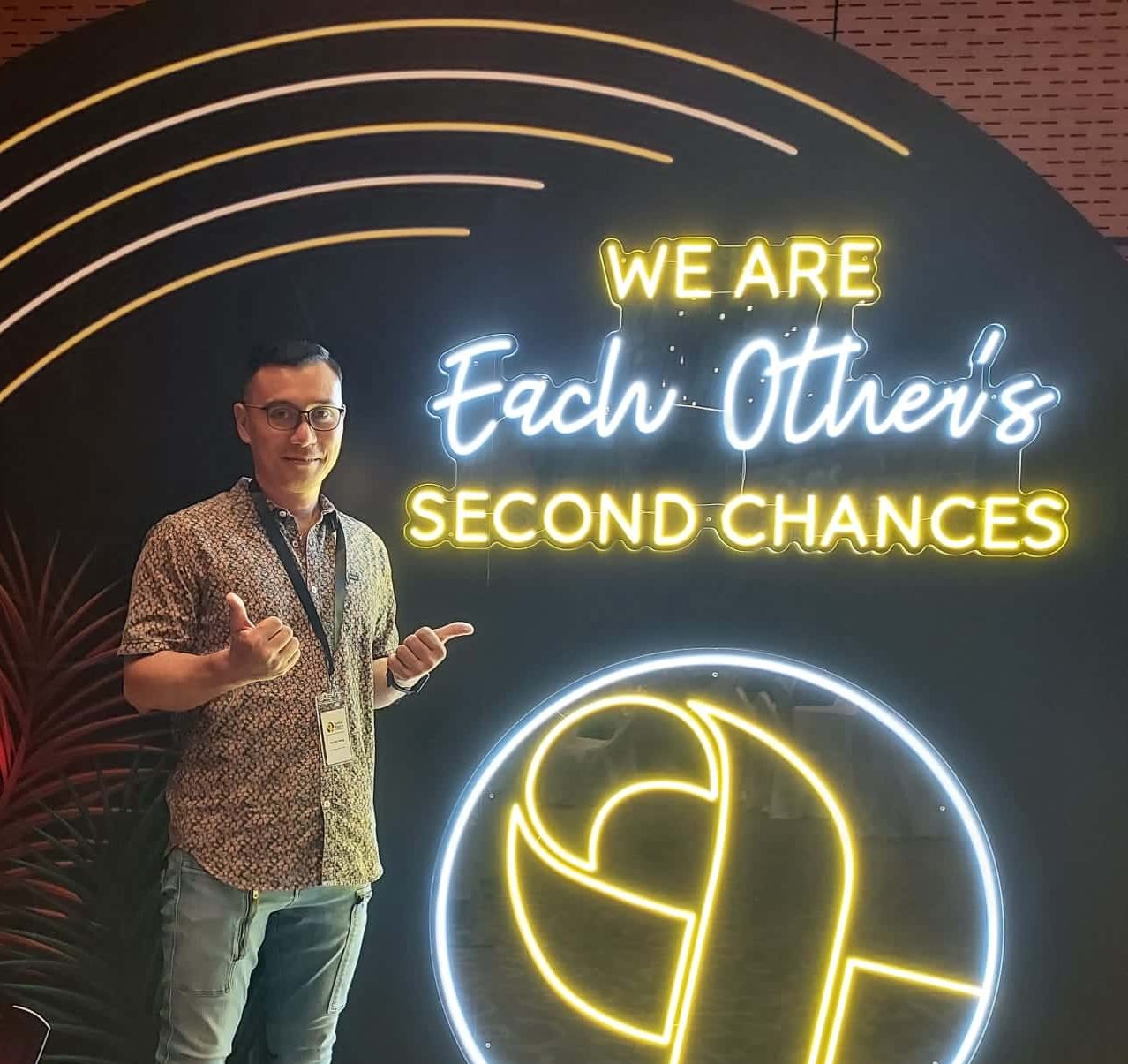
"Do nothing out of selfish ambition or vain conceit, but in humility consider others better than yourselves." (Philippians 2:3) Photo by Brett Jordan on Unsplash.
The future is millennial.
Or so I thought.
For years, I had been stepping on people’s toes, throwing out new ideas, pushing through change, because … who has the time to wait for those old baby boomers to go through their slow, plodding, meetings?
Who has the time to wait for anything?
And then it happened.
In my efforts to push through change, I disagreed with a manager.
Where?
In the office. In full view of other colleagues.
I was promptly asked to go through a Performance Improvement Plan (PIP).
Eventually, my boss got tired of me trying to defend myself.
He shot back.
“John, let’s face it.
“You’re not very well-liked by most in the team.”
Something broke within me.
A healthy ego
If you’re a millennial like me, you probably have great ideas on how to improve things.
You probably have a healthy disrespect for authority. And most importantly, you’ve no time to waste.
These are all great attributes.
But they may be your downfall.
I do not wish a PIP on you.
Like most millennials, you probably have great ideas on how to improve things.
But the PIP revealed to me more about my pride than the possibility of contributing to my company.
Can you let me share something today?
Something on pride. And on the antidote to pride.
Don’t get me wrong. I’m not saying that you’re proud, arrogant and brash.
I’m saying,
I’m proud.
I hope you find lessons from my downfall in pride.
Why am I so proud?
Stupid.
Slow.
Silly.
Having a healthy ego is vital in having confidence in what you do. Too much though, is a bad thing.
This is what I thought of my bosses.
They were a waste of my time.
I thought myself better than them.
Much better.
Wait till I sack them and run things here!
Do you think yourself as better than your boss?
Maybe you do.
Pride is not a bad thing. Having a healthy ego and self-assurance in what you do is vital in having courage and confidence in what you do.
Too much though, is a bad thing.
Beauty in the balance
The beauty lies in having a healthy ego, tempered by humility.
Meekness.
Meekness is not weakness.
There’s a lot of advice that asks us to see people as better than us.
How could you see the good in others, so that you could give others more?
But that might be a stretch.
See people as you see yourself.
Chances are, you hold yourself in high regard.
Others? Not so much.
See others as you see yourself.
Inherently valuable.
I often imagine how Jesus must have felt living amongst humans. Behind the pearly gates of Heaven, I imagine that Jesus must have had every luxury in Heaven.
But when he came to Earth, he didn’t come in majesty. He came in a manger.
He washed the feet of disciples. He saw the good in the worst of man.
He “made himself nothing” (Philippians 2:7), to give us everything.
How could you see the good in others, so that you could give others more?
Staff and sword
I like public speaking. For those who wonder who would be crazy enough to volunteer to speak in front of large crowds, that’s me.
In team meetings, I too, was used to cutting up people’s arguments with my rhetorical skill, leaving them in tatters.
Then I learnt meekness.
I used to wield my oratorical skills like a sword. I loved using it to cut up people’s arguments, to defend myself and to go on the attack.
How can you use your skills to support others?
But after the PIP, I realised that power didn’t only lie in those who use it.
Power lay in those who have it, but choose not to use it.
On the night Jesus was betrayed, He said, “Do you think I cannot call on my Father, and He will at once put at my disposal more than twelve legions of angels?
“But how then would the Scriptures be fulfilled that say it must happen in this way?: (Matthew 26: 53)
Jesus used his power with control. He could have used his authority to destroy every soldier. But he didn’t.
He used his power to support God’s call for his life.
I began to learn to use my speaking skills like a wooden staff.
You know how shepherds have this long stick to support themselves as they walk up the hill?
Same idea.
How can you use your skills to support others?
Not in the cut and thrust of your life, but in supporting others through the vagaries of their lives?
Might this be true?
Something broke within me when my boss told me that I wasn’t well-liked.
By most.
For weeks, I asked myself,
Is this true?
It would only get me in a bottomless rut of negativity.
What’s the smallest action I can take to move myself closer to who I want to be?
Then one day I remembered the psychologist Danny Kahneman. Rather than asking if something was true, he started asking,
What might this be true of?
Not if something is true. But what it may be true of.
Maybe you’ve received some bad feedback today about you.
You’re tempted to dismiss it. Blame others.
Shining the spotlight on you is painful.
Take your time. Be gentle with yourself. Start with small, plodding steps.
Ask yourself,
What’s the smallest action I can take to move myself closer to who I want to be?
Learning to grow
You aren’t perfect.
I was recently speaking to my mentor about this difficult time I was facing.
I wanted to quit.
He leaned in and said in a small voice,
For us to grow up, being meek is not being weak.
“John, not now.
“Let the John who leaves be someone whom people say, ‘Hey, that John really tried his best here. He really grew up here.'”
I felt my eyes soften.
It’s so difficult to learn to grow.
Especially when people around you say “You’re horrible.”
You start to think, I must be really horrible!
If you’re a millennial today, meekness is not something you might find necessary.
But for us to grow up, being meek is not being weak.
Being meek, is being more.
More than you could ever imagine yourself to be, and into the fullness of what God has called you to be.
RELATED STORIES:
(Dis)connected, idealistic, anxious: New survey helps decode the millennials in your life
We are an independent, non-profit organisation that relies on the generosity of our readers, such as yourself, to continue serving the kingdom. Every dollar donated goes directly back into our editorial coverage.
Would you consider partnering with us in our kingdom work by supporting us financially, either as a one-off donation, or a recurring pledge?
Support Salt&Light


